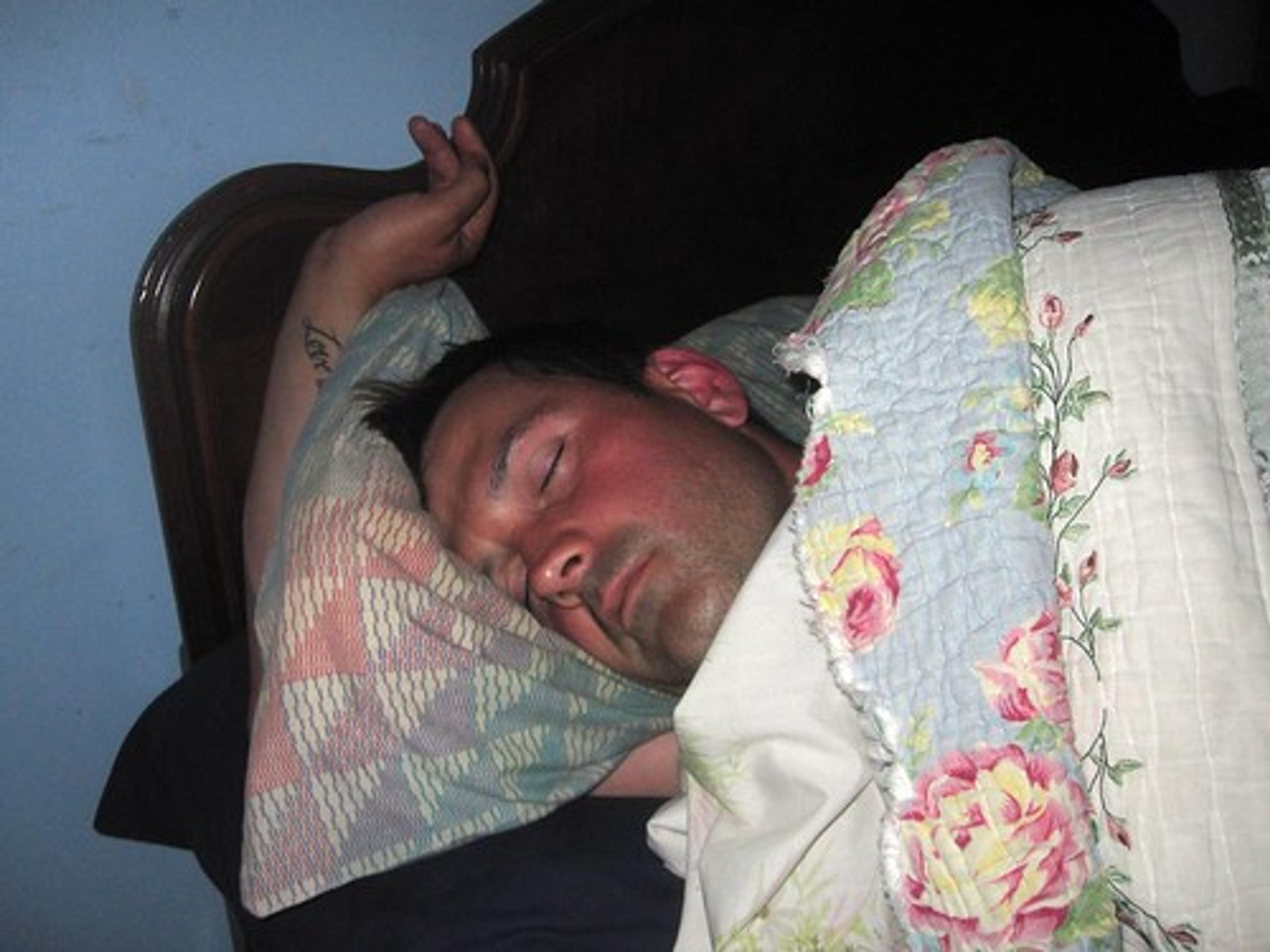Good Night’s Sleep Key to Living a Healthy Lifestyle
Jodi Davis
| 3 min read

I enjoy shopping; I always have and I’m assuming that I always will! With the gift giving season upon us, I can guarantee that you can find me somewhere doing some form of shopping at least a couple times per week. Honestly I could probably shop every single day if the opportunity arose, especially now that I have such a vast amount of energy.
I can’t forget how exhausted I used to feel years ago during my Christmas gift-purchasing adventures when I carried around not only shopping bags, but an extra 162 pounds. It’s still difficult for me to believe that I was hauling all that extra weight around for over two decades, but there isn’t a day that goes by when I don’t appreciate that it’s all gone!
The Sleep Connection
But hauling around my excess weight wasn’t the only reason I would become exhausted during my past shopping adventures. I now realize that I wasn’t getting enough sleep back then, maybe only 5 to 6 hours a night. Now I know that there is a connection between lack of sleep and obesity.
According to a report in the Journal of the American Medical Association, daily hours of sleep may play more of a role in overeating and weight gain than previously thought. Researchers said that lack of sleep could increase tendencies to become overweight by affecting hormones, mental functions, and even simple, everyday behaviors.
A large population study — adults ages 32 to age 49 — associated sleep habits with higher likelihood of obesity. The findings were as follows:
- Adults who averaged 6 hours of sleep per night were 23 percent more likely to be obese
- Adults who averaged 5 hours of sleep per night were 50 percent more likely to be obese
- Adults who averaged 4 hours of sleep per night were 73 percent more likely to be obese
There have been several studies in the past that show lack of sleep changes the levels of two appetite-related hormones. One hormone, ghrelin, actually stimulates appetite. Another hormone, leptin, tells the body when it’s had enough food. Together these changes can lead to eating more and unfortunately consuming more calories than our bodies need.
Vicious Cycle
It’s also common for those who are not well-rested to eat more in an effort to increase energy or to try to cope with stress. Again, consuming more calories than our bodies need.
Another fact is that if a person feels exhausted due to lack of sleep, most likely they will not exercise at all — or simply exercise at a much lower intensity.
These factors are not going to contribute to a desire to lose weight or to lead a healthy lifestyle. So in order to assist you in receiving a good night’s sleep, I’ve found a few tips that I’d like to share with you:
- Eliminate caffeine 4-6 hours before bedtime.
- Avoid all alcohol to help you get to sleep.
- Try your best to avoid stress and relax before bedtime.
- Find the best time for you to exercise (morning exercise has been proven to relieve insomnia!).
- Try to sleep in a dark and peaceful setting.
- Be careful of what you eat before bed.
- Restrict nicotine, which have a similar affect as caffeine.
- Avoid napping if you have trouble falling asleep at night.
- Keep pets off your bed.
- Avoid stimulating activities before bedtime.
I hope this helps you to achieve a great night’s sleep and allows you to have more energy so you can shop until you drop (a few extra pounds, that is).
Photo credit: Tobyotter





